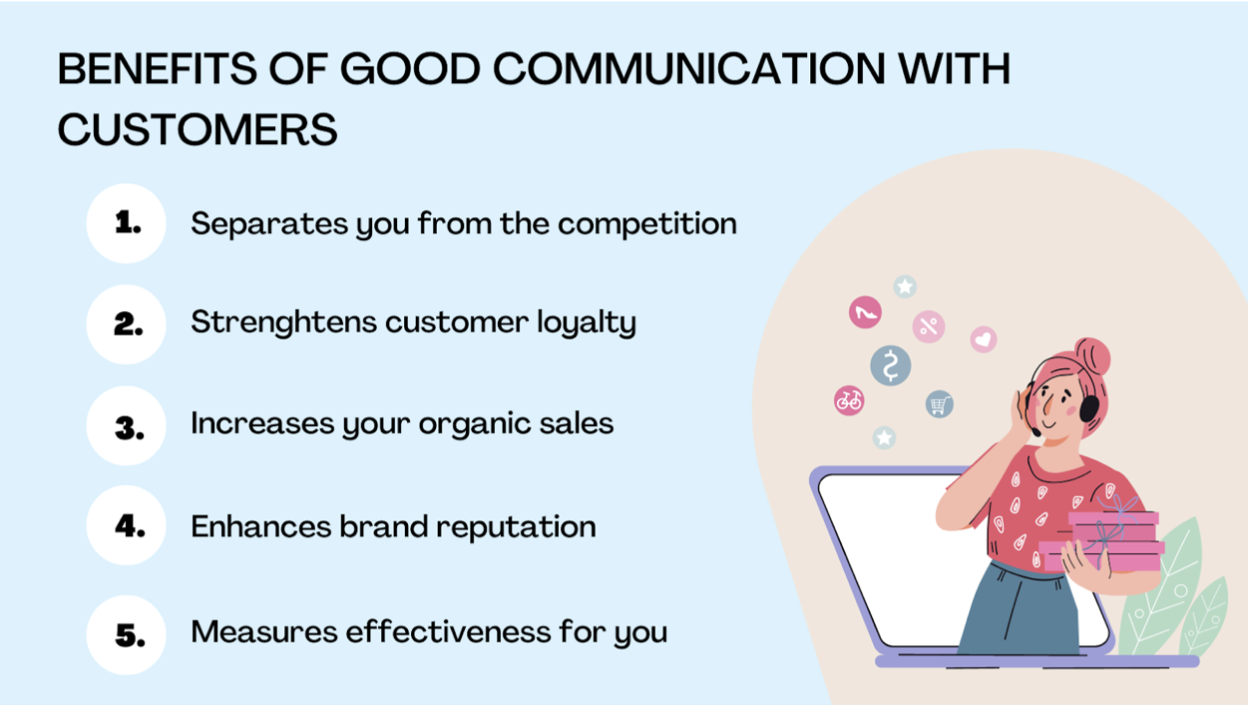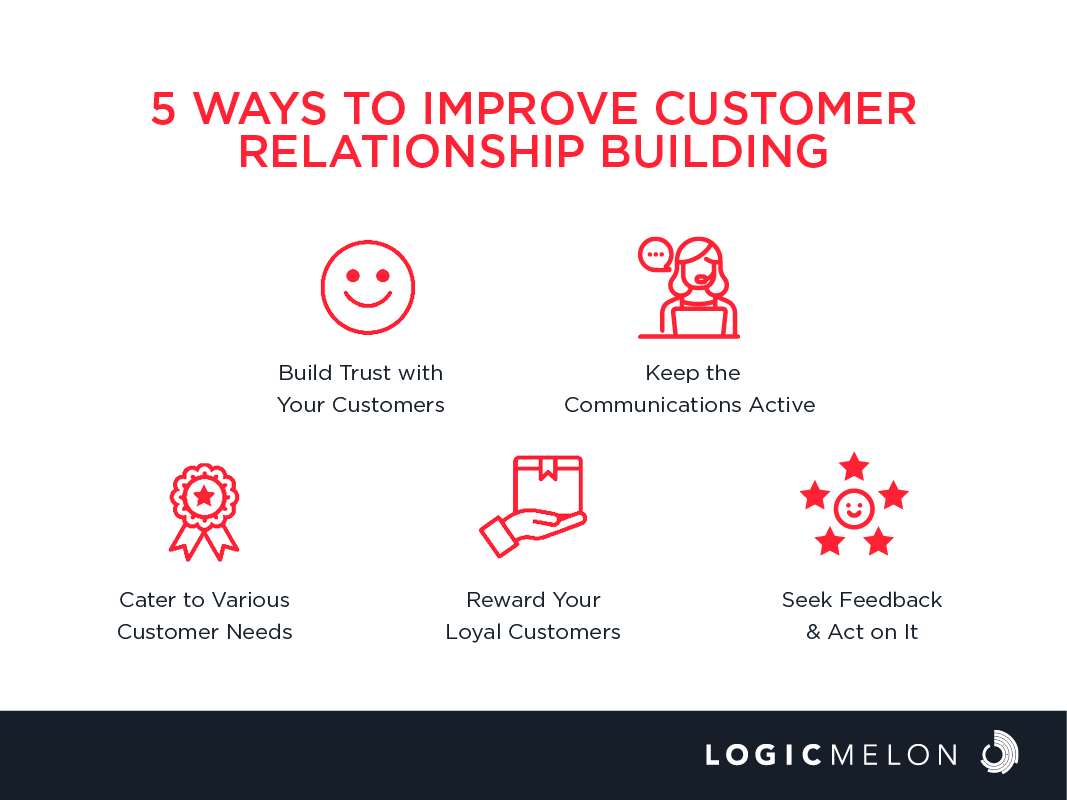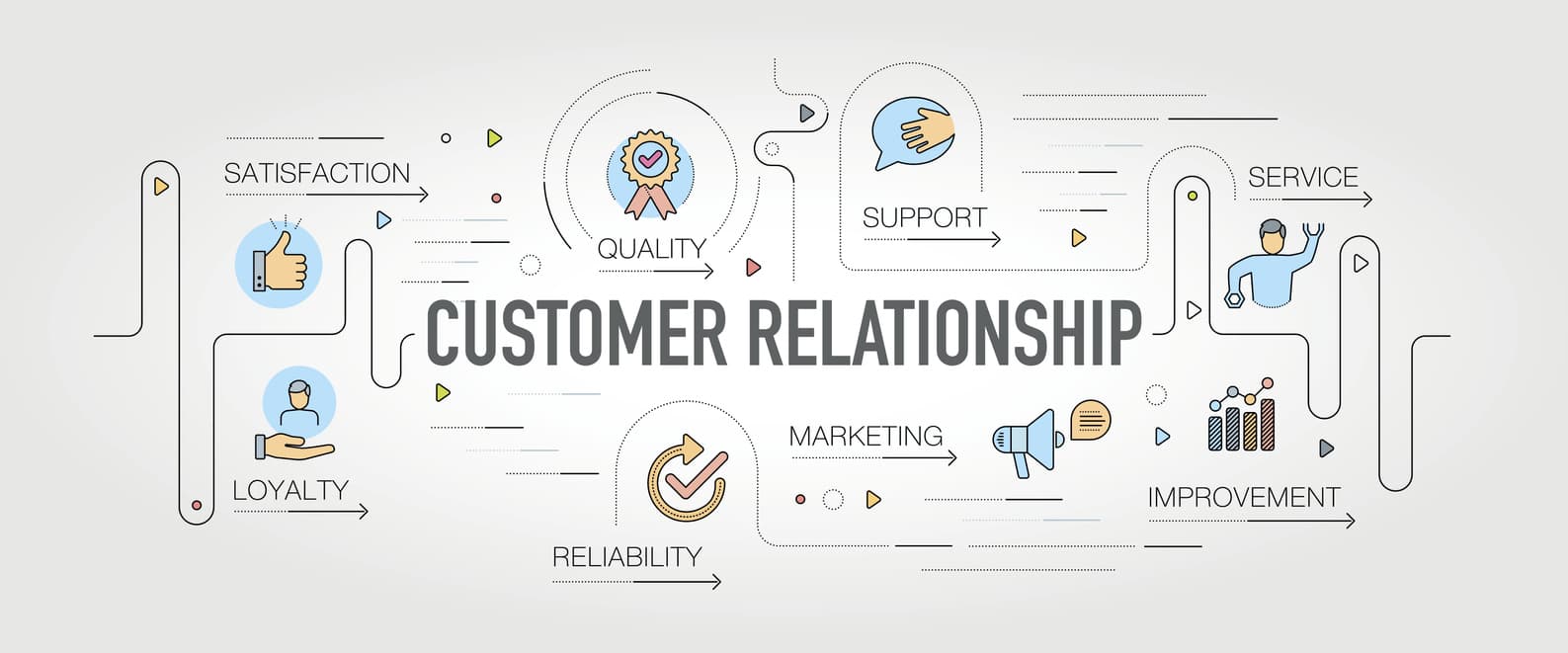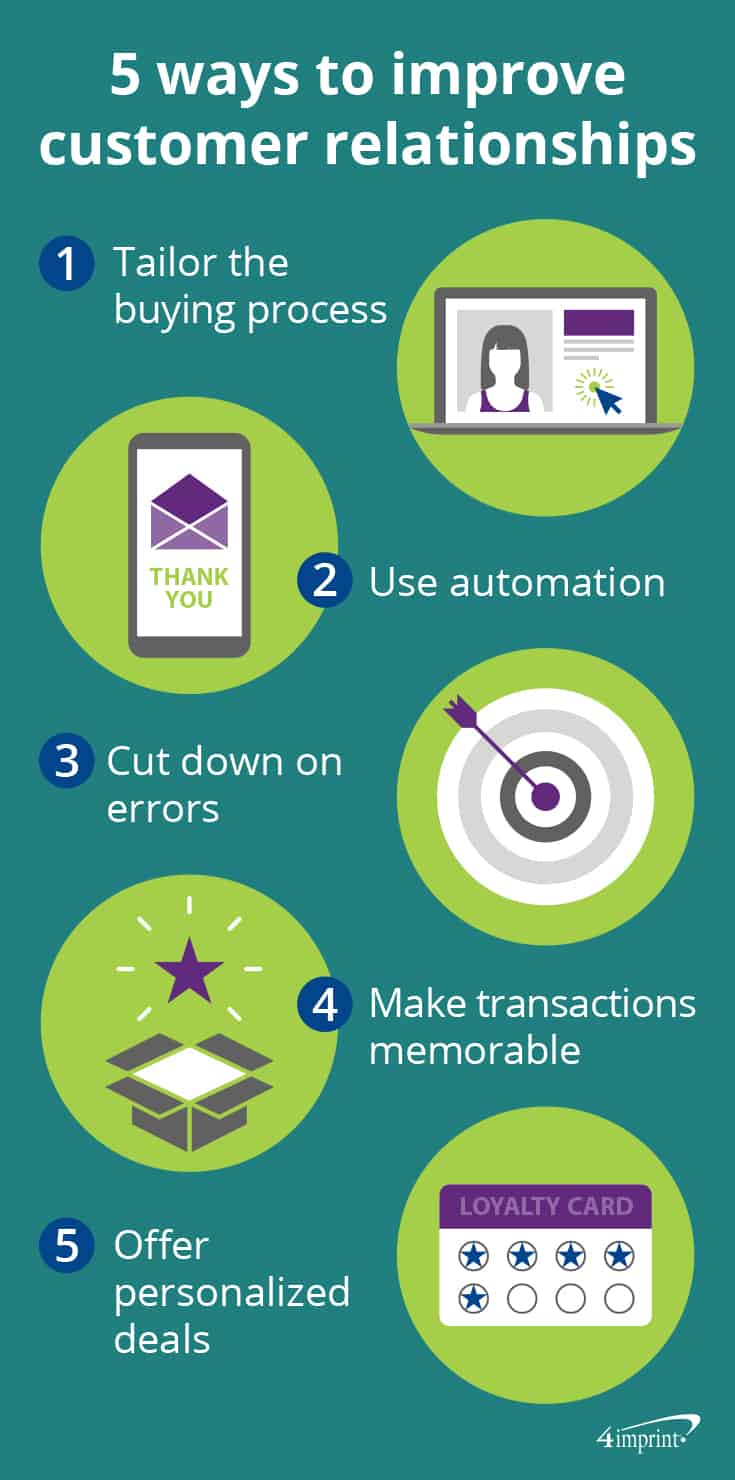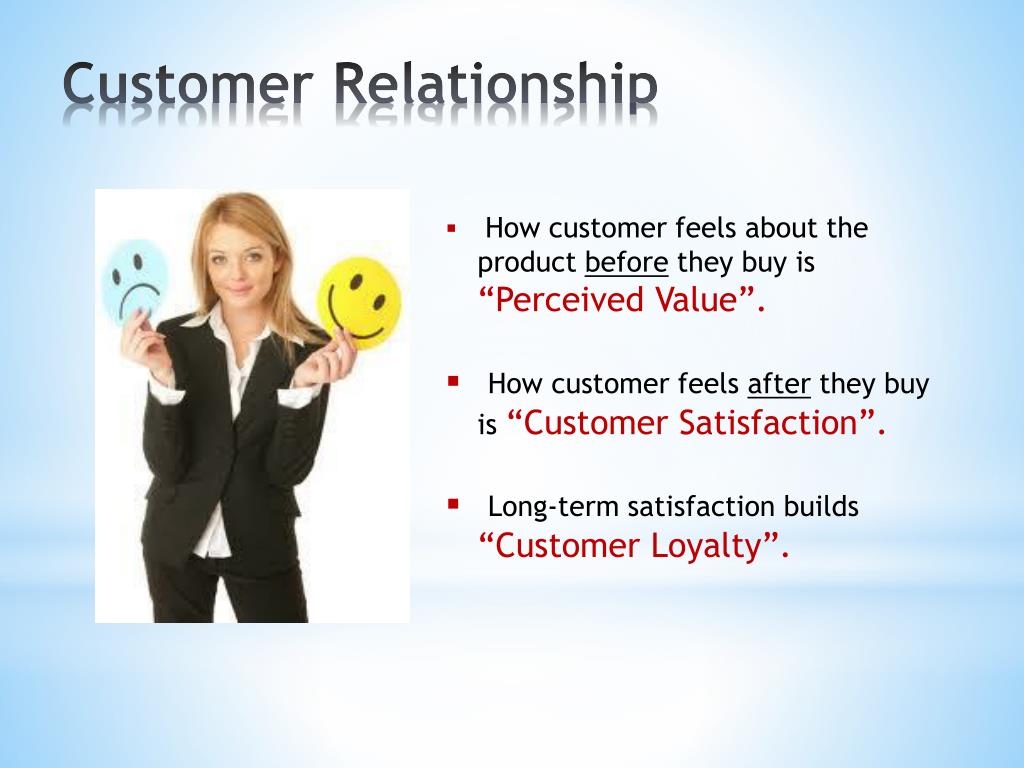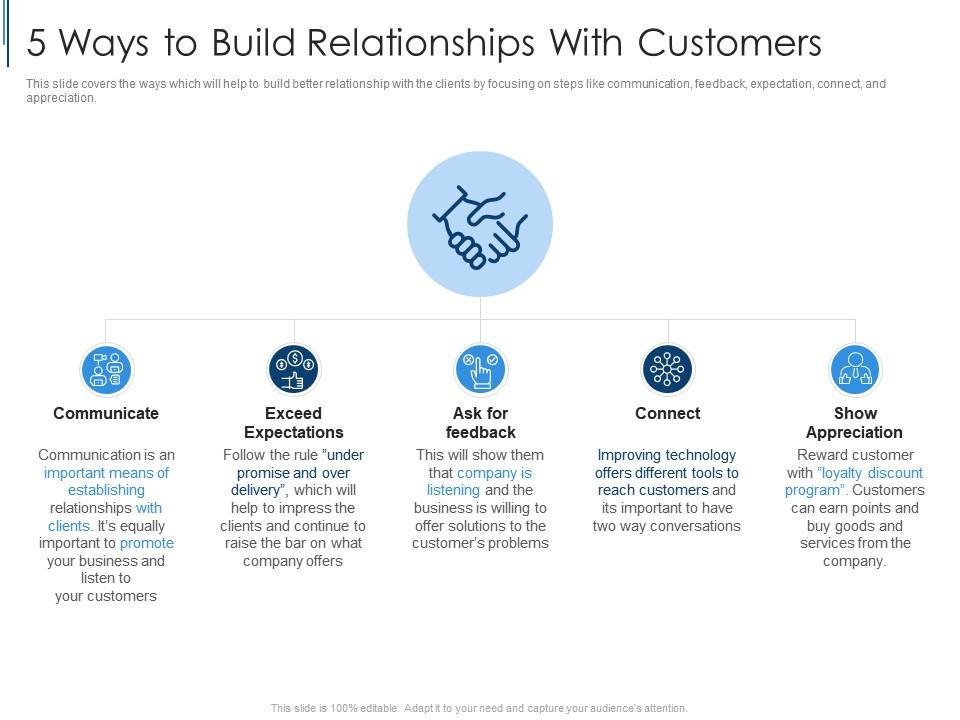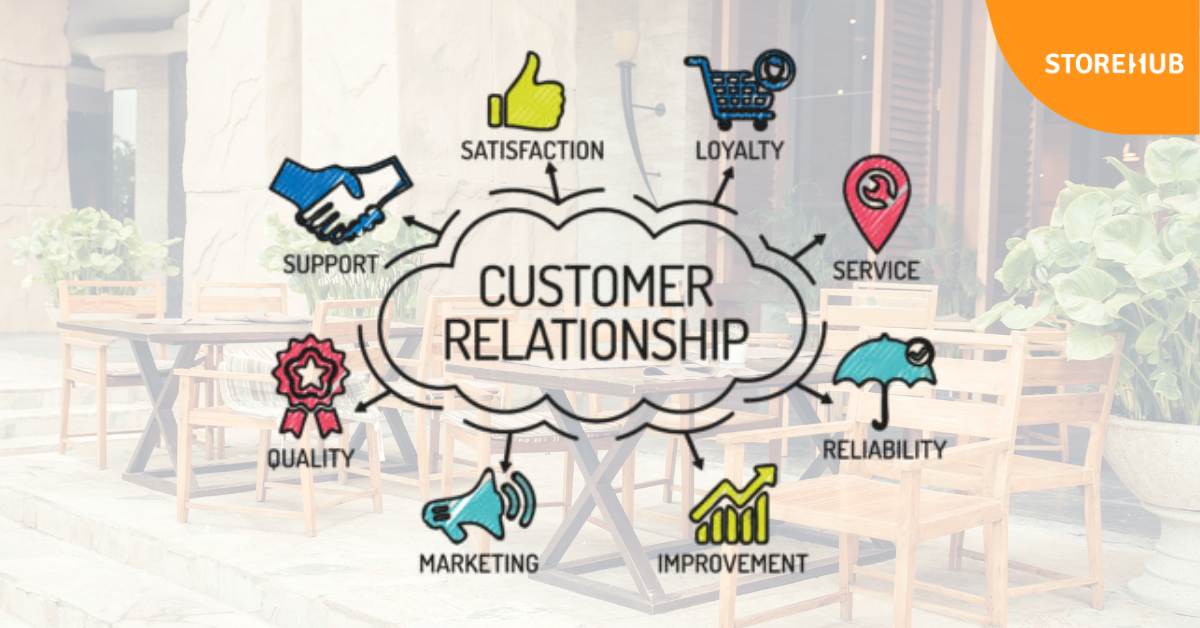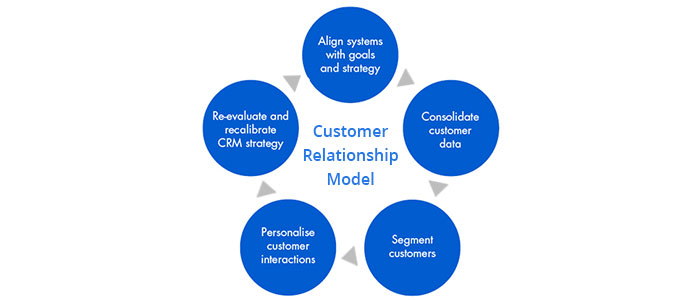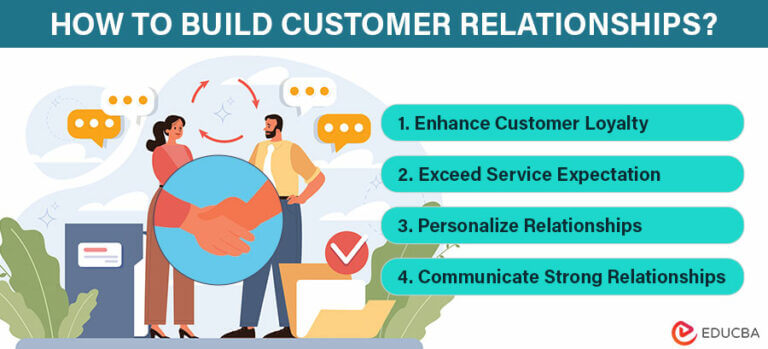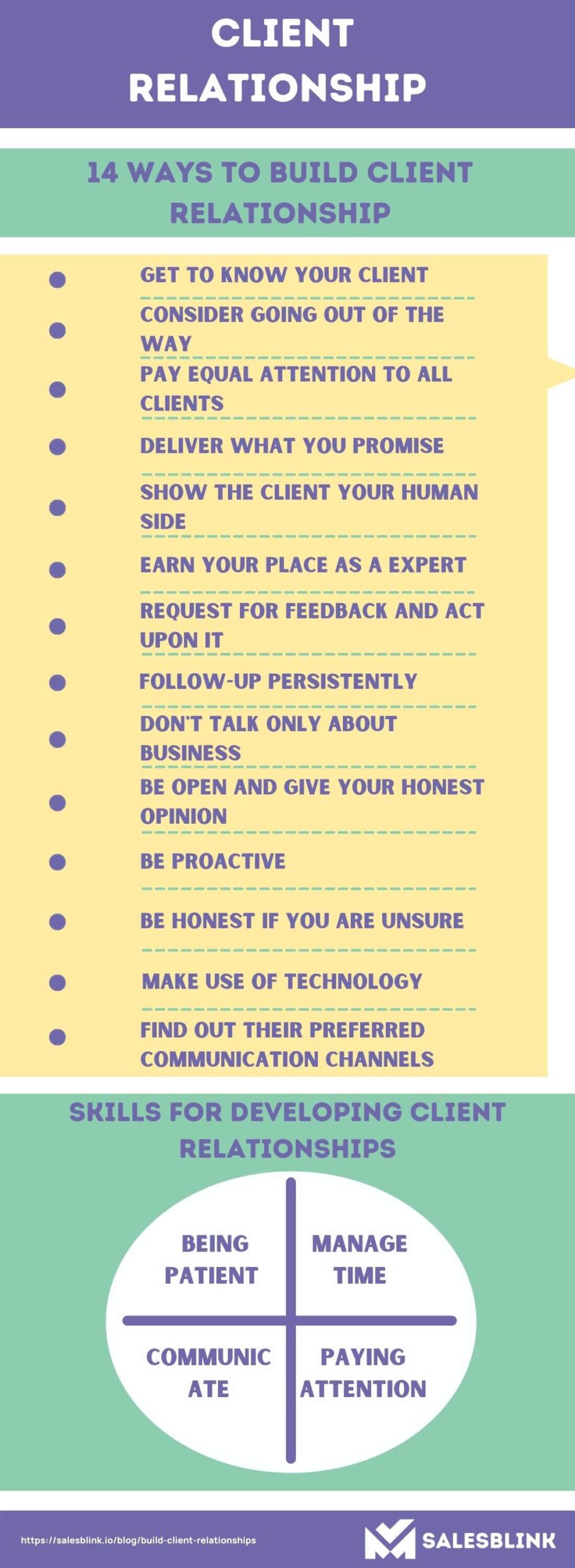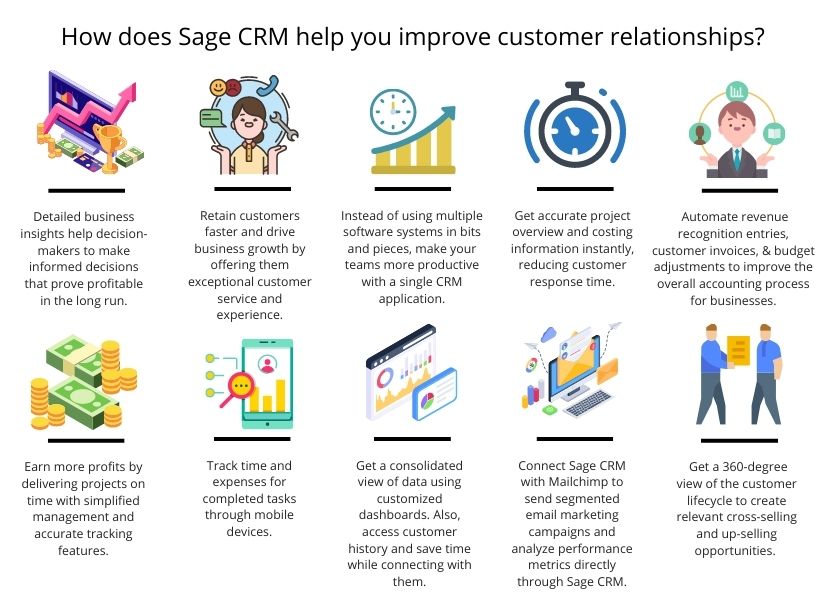How To Develop Customer Relationships
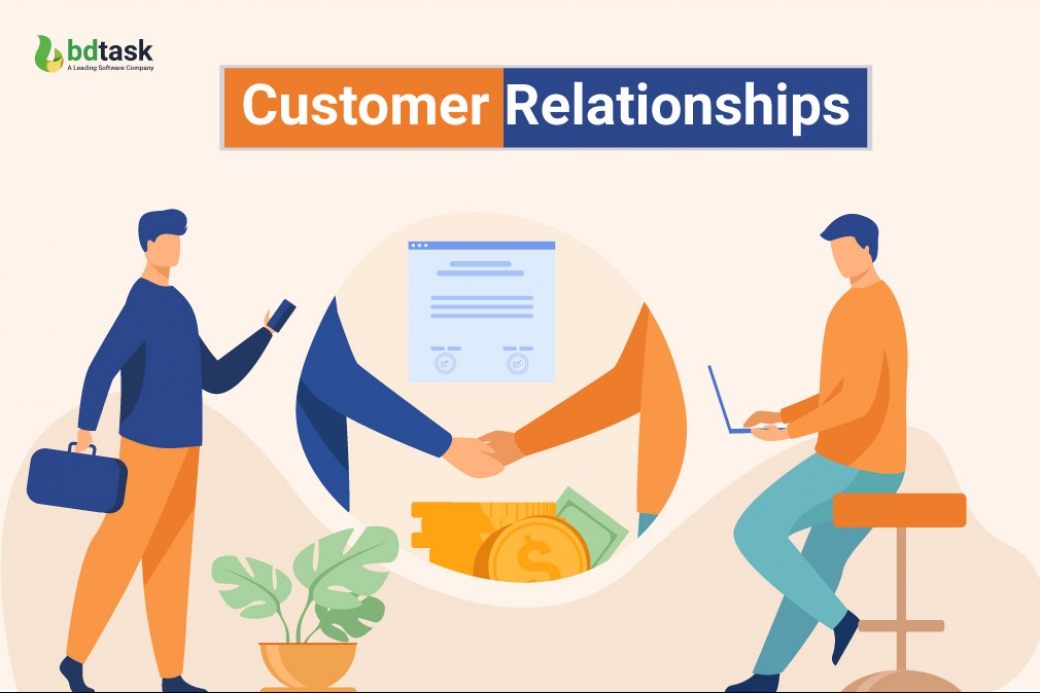
In today's competitive market, businesses are increasingly recognizing that strong customer relationships are not just a benefit, but a necessity for long-term success. Developing and nurturing these connections requires a multifaceted approach, blending technology with genuine human interaction.
This article explores proven strategies for building lasting customer relationships, drawing upon expert advice and industry best practices. We'll examine the key elements involved and provide actionable steps that businesses can implement, regardless of their size or sector.
Understanding the Foundation
Building strong customer relationships starts with a deep understanding of your customer base. This means going beyond basic demographics and delving into their needs, pain points, and aspirations.
Data analysis plays a crucial role here. Tools like CRM (Customer Relationship Management) systems can help businesses collect and analyze customer data, providing valuable insights.
Furthermore, it's important to establish a clear brand identity and values. Customers are more likely to connect with companies that share their values and demonstrate authenticity.
Effective Communication Strategies
Open and consistent communication is paramount in fostering strong customer bonds. Businesses should strive to communicate proactively, providing regular updates and seeking feedback.
Personalization is key in today's digital age. Tailoring communications to individual customer preferences can significantly enhance engagement.
Utilizing various communication channels, from email and social media to phone calls and in-person interactions, allows businesses to cater to diverse customer preferences. A multi-channel approach ensures accessibility and convenience.
Delivering Exceptional Customer Service
Exceptional customer service is a cornerstone of strong customer relationships. It goes beyond simply resolving issues; it's about exceeding expectations and creating positive experiences.
Empowering employees to make decisions and resolve issues independently can significantly improve customer satisfaction. Invest in comprehensive training programs.
Actively solicit and respond to customer feedback. Use feedback to identify areas for improvement and demonstrate a commitment to continuous improvement.
Leveraging Technology for Enhanced Relationships
Technology offers powerful tools for building and managing customer relationships. CRM systems are central to this process.
According to a report by Salesforce, companies using CRM systems see an average increase of 27% in customer satisfaction. Automating tasks and personalizing interactions leads to better results.
Social media platforms also provide opportunities to engage with customers in real-time. Monitoring social media conversations and responding promptly to inquiries demonstrates responsiveness and builds trust.
The Importance of Loyalty Programs
Loyalty programs can be an effective way to reward and retain customers. These programs can offer exclusive benefits, discounts, or other incentives to encourage repeat business.
A well-designed loyalty program should be easy to understand and provide tangible value to customers. The key is to align the program with the customer's needs and preferences.
Research shows that customers enrolled in loyalty programs are more likely to make repeat purchases and recommend the business to others. Measuring the program's success is crucial for continued optimization.
Building Trust and Transparency
Trust is the foundation of any strong relationship, including those between businesses and customers. Building trust requires transparency and honesty in all interactions.
Be upfront about pricing, policies, and potential issues. Address concerns promptly and fairly. Showing vulnerability can humanize a business and foster stronger connections.
Actively solicit and publish customer testimonials and reviews. Positive reviews can serve as social proof and build confidence in the brand.
The Long-Term Benefits
Investing in customer relationships yields significant long-term benefits. Loyal customers are more likely to make repeat purchases, recommend the business to others, and remain resilient during challenging times.
Strong customer relationships can also lead to increased brand advocacy and positive word-of-mouth marketing. This can significantly reduce marketing costs and improve brand reputation.
Ultimately, focusing on building strong customer relationships is an investment in the long-term sustainability and success of any business.
